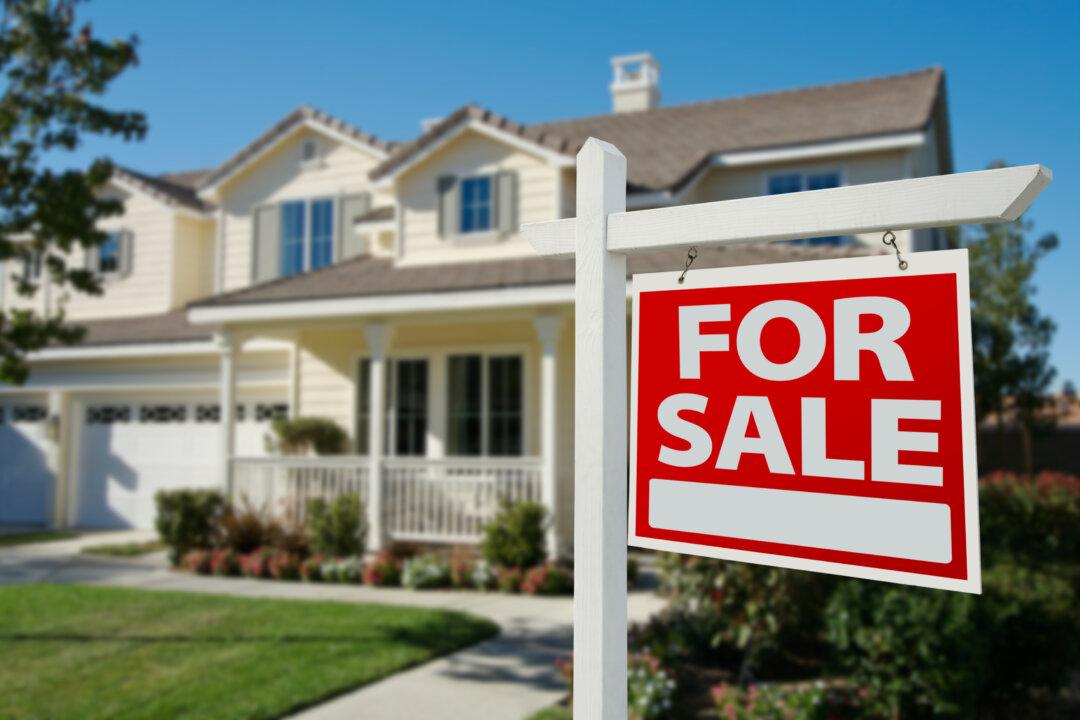Dear Monty: What is the best way to interact with the city assessor? Can you guide us on market value versus assessed value? More specifically, what factors dictate assessed value?
When we purchased our house, the real estate agent went to great lengths informing us that the potential for the market value to rise is very high. He mentioned that many buyers are looking for houses in the neighborhood to remodel or tear down and rebuild. The city assessor said that our assessed value and property taxes wouldn’t increase if a neighbor built a $1 million home or remodeled one. The city assessor informed me later that the assessment of our house will go up. It seems like the city assessor was contradicting herself when explaining the increase in our assessed value. I don’t understand the factors that go into assessed value. I know it differs for each neighborhood, city, and state.




